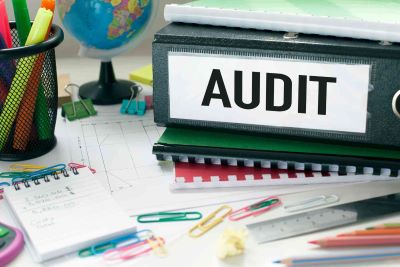
Post Halal Certification: What to Expect
Halal certification is a requirement for every Halal business seeking to match the dietary requirements of Halal consumers. Acquiring the certificate also ensures compliance with Halal standards, thereby earning the trust and confidence of Halal consumers. While the certification process itself is crucial, understanding what happens after certification is also important.
The post-certification period entails some important procedures for businesses. This includes how the company information is stored in databases, how manufacturers update their systems, and the types of communication businesses should expect.
Halal Certification Database
Upon issuance of Halal certificate, the company's information is usually stored in a Halal certification database. This database is a storage system for certified companies containing their relevant details. For example, Malaysia has a website where consumers can see list of Halal certified companies. The database also serves to provide consumers, manufacturers, and regulatory bodies with detailed and accurate information on Halal-certified products and services.

Updating a Company's Halal Status
It is important for a newly certified company to inform its manufacturers and suppliers about its Halal status. A certified company can inform its manufacturers and suppliers about its Halal status through direct communication, providing official documentation, incorporating Halal labeling and packaging, and listing the certification on online platforms. This helps in updating the company's information and labeling their products as Halal. Effective communication in this regard would serve to promote such businesses and boost its presence throughout the Halal ecosystem.
Effective Communication
Effective communication serves to strengthen the credibility of Halal certification, foster ongoing support, and guarantee adherence to Halal guidelines. Post-Halal certification comes with several types of communications related to the certification. These may include:
Certification Confirmation: Companies would receive an official certification confirmation document after certification. The document serves as formal evidence of the company's Halal status. It can be exhibited or shared with customers, suppliers, and regulatory bodies.

Regular Audits and Inspections: Halal-certifying bodies may perform regular audits and inspections to ensure continued compliance with Halal requirements. These audits assist in maintaining the credibility of the certification and assure Halal consumers of the Halal integrity of the company's products or services.
Halal Standards and Regulations: Due to the evolving nature of the Halal industry, new standards and regulations come into play that need to reach Halal certified companies. Therefore, Halal certifiers should provide relevant updates and notifications to them regarding changes in Halal requirements that may specifically apply to their certified products. This keeps the certified companies informed so they may adjust their processes accordingly.
Networking and Collaboration Opportunities: There are a lot of networking and collaboration opportunities within the Halal industry which are open to Halal certified businesses. Companies may receive invitations to industry events, conferences, and forums, providing a platform to connect with other Halal-certified businesses, industry experts, and potential partners. Social media platforms such as LinkedIn and subscriptions to industry publications keep the news and information exchange going in both directions – from the companies seeking to promote their business, products and certifications and to them in the form of fresh news and data.

Businesses can flourish in the Halal market and accommodate their Halal consumer needs by seeking Halal certification. Post-certification activities play a meaningful part in protecting the integrity of the Halal certification process and ensuring non-stop compliance with Halal guidelines.
Overall, acquiring Halal certification marks the onset of a business's journey in the Halal industry. However, comprehending what follows post-certification is significant for businesses to effectively operate within the global Halal certification system.
Islamic Services of America (ISA) is a leading USA based Halal certification and auditing organization serving companies, the community, and the Halal industry for nearly 50 years. Contact ISA at isa@isahalal.com or visit the ISA website for more information at https://www.isahalal.com/
picture credit: www.istock.com